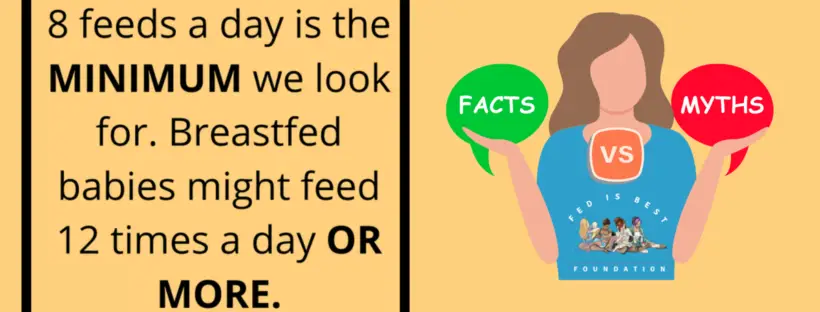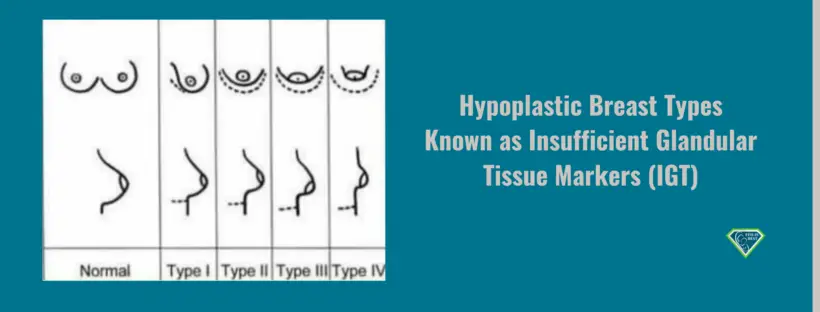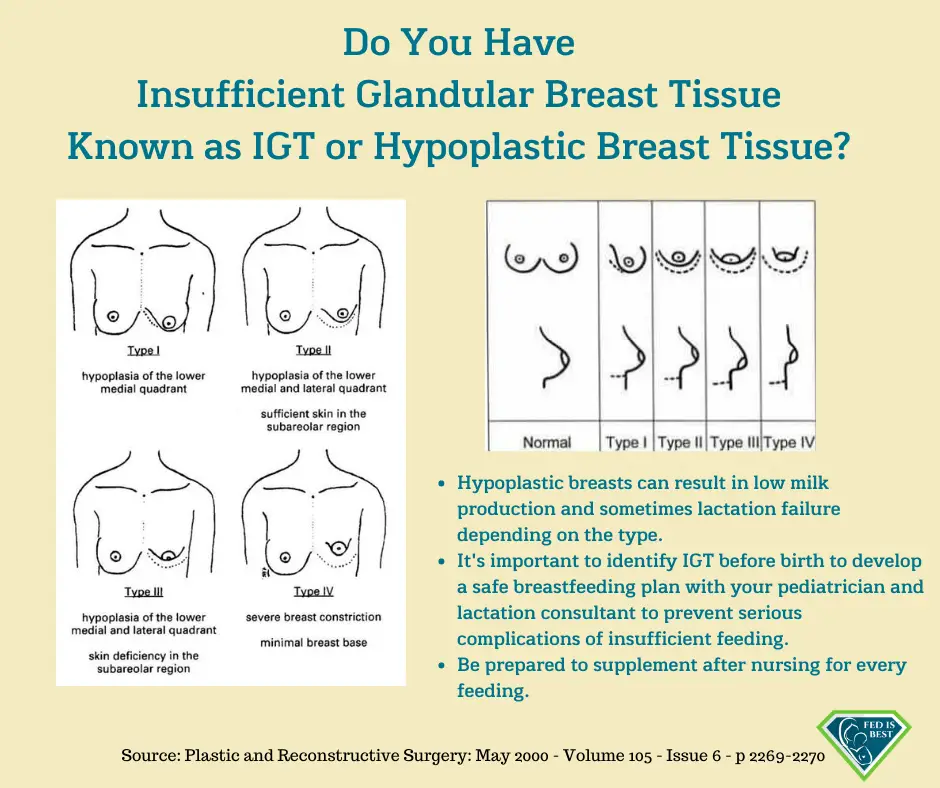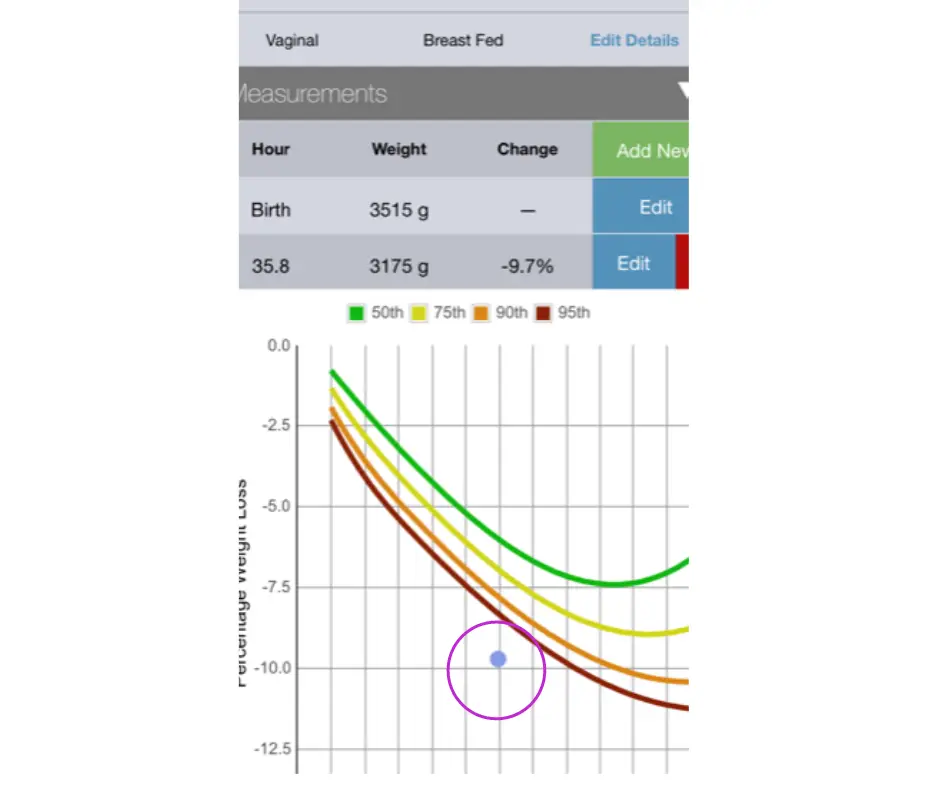By Michelle M., Psychiatrist, MD, and First-Time Mother
It’s taken me a long time to really have the strength to talk about this, but I think it’s time.
I’m a 40-year-old, first time mom to an amazing 9-month-old son. Throughout my pregnancy I was repeatedly asked if I would breastfeed and received endless lectures on the benefits. I was honestly skeptical about the claimed breastfeeding benefits… (liquid gold? seriously?), but continued to answer “yes”, as it felt like saying “no” would be the wrong answer.
I figured I would try, and if it worked, great! If it didn’t, then formula was “Plan B”. I really didn’t think much of it, and figured the baby would get fed one way or another.
Fast forward to my 37th week of pregnancy. My water broke with no warning, and I had an awful labor due to a failed epidural and uterine tachysystole. Then to top it all off, I had an emergency c-section when my baby’s heart rate disappeared from the monitors. Labor and delivery didn’t go exactly as planned, but I was elated when it was over, and I had my beautiful baby.







